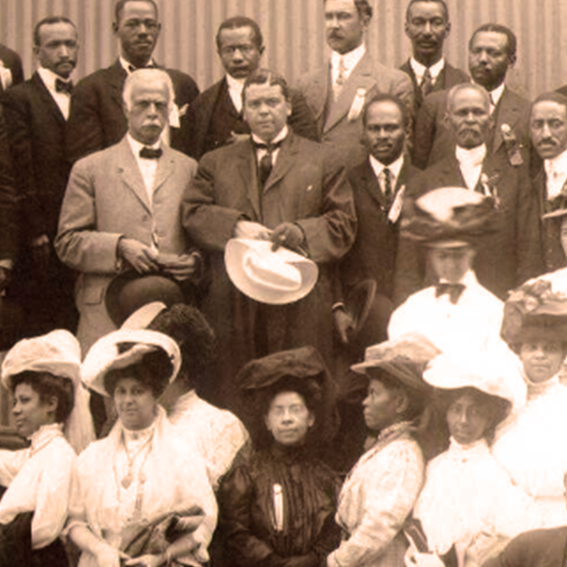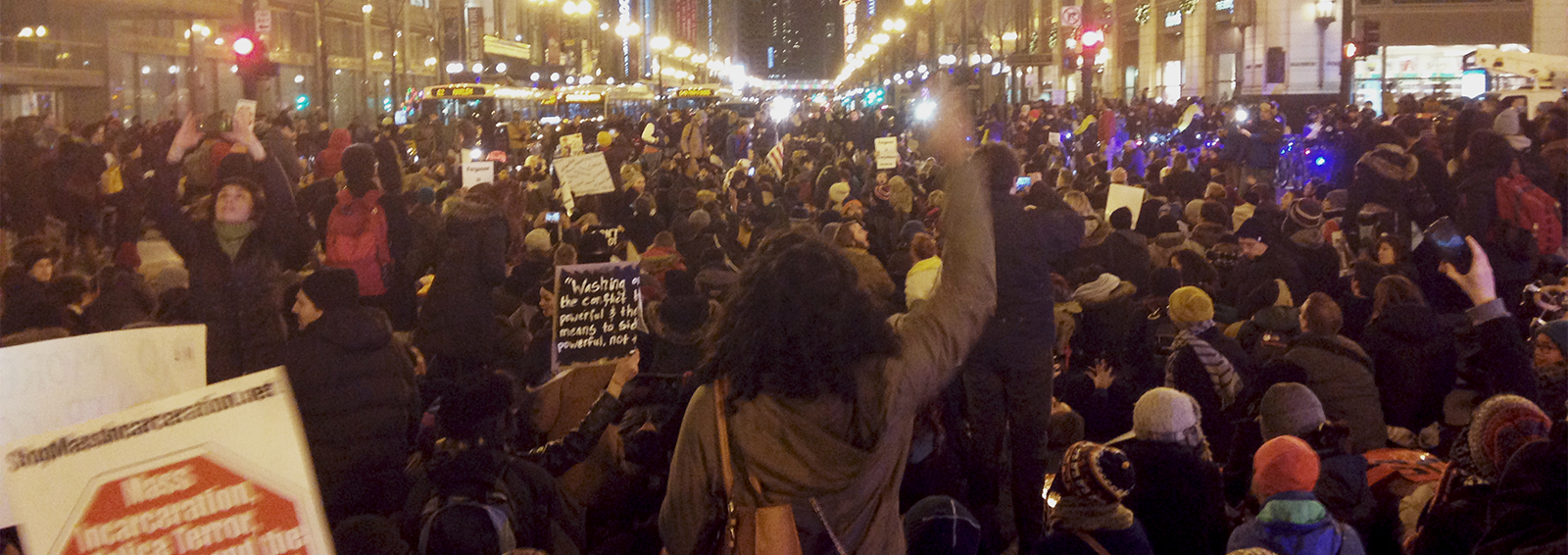
Social Justice
From the dawn of Western thought, considerations of justice have played a prominent role. With human rights emerging as the closest thing to an international moral norm, those questions have only multiplied. The traditional Western model of rights focuses on liberty, with the implication that individuals ought to be left to pursue their own interests as they see fit. Yet in an interdependent world, the need for cooperation and mutual assistance is ever present. Unequal starting points or power dynamics can give some an advantage over others; when do such advantages become illegitimate? Legacies of colonialism, racism, and sexism often raise calls for social justice. But how do we know when such calls should be heeded? What would constitute a just world? What legitimate demands can poor individuals or nations make against the rich?
Such theoretical issues lead to more practical questions. How can a more just world be created? Many have argued that the free market arrangements underlying globalization provide the best chance for improving the conditions of those individuals and nations in need. Others contend that more direct action by governments and NGOs will be necessary to overcome the enormous disparities in wealth that leave many in abject poverty. Such debates pose fundamental questions for our time. Grappling with these issues requires serious reflection that relies on insights from numerous disciplines, from philosophy to politics to economics and beyond.
Social justice is often perceived as a ‘liberal’ notion, but the issues transcend partisan political classifications. The Social Justice minor at Lake Forest College does not shrink from the serious, fundamental questions, e.g., of the tension between demands for individual liberty and the calls for social equity. We face the complicated tasks of comparing competing strategies and conclusions about how to achieve a better world. Our investigations and efforts will proceed in the Socratic method of encouraging conscientious dialogue among those with different beliefs, and with the Socratic goal of seeking the truth on matters of justice. And we will recognize Socrates’ claim that we will never reach final answers. Our task is to continue the process, to do our best to determine what would constitute a better world and how to achieve it.
News
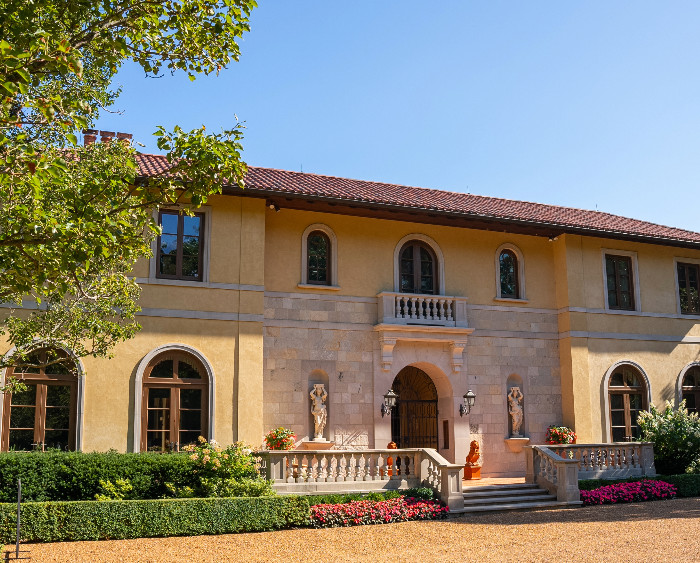
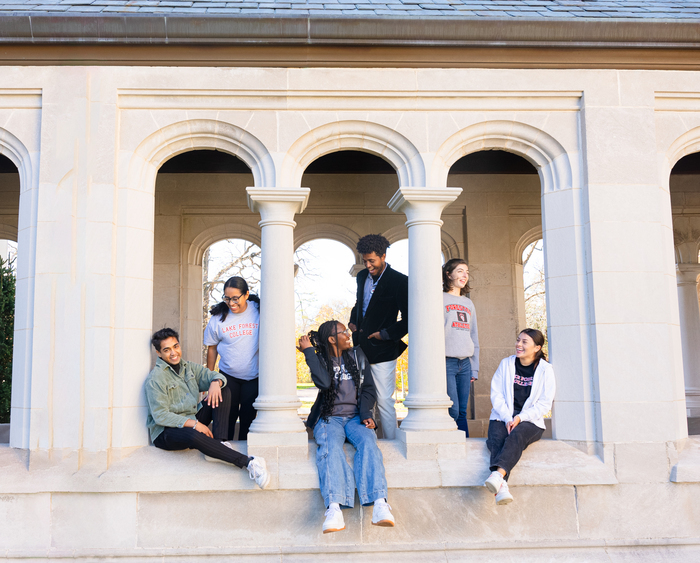
December 19, 2023
Wall Street Journal ranks Lake Forest College ‘Best in Midwest’
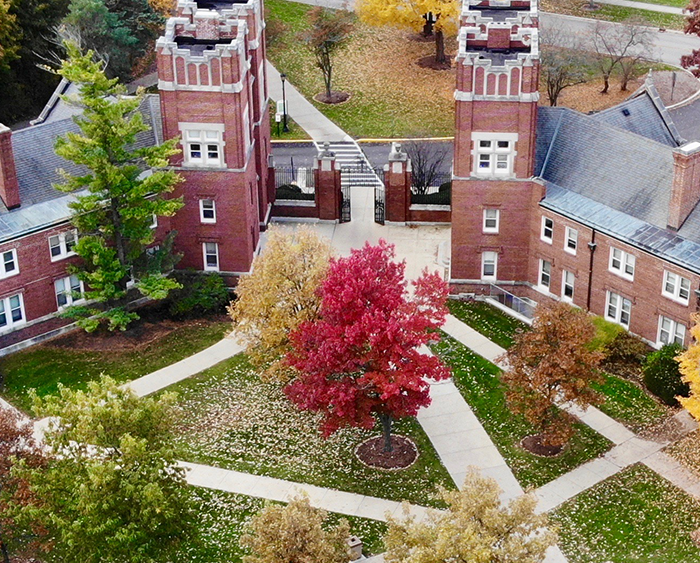
September 18, 2023
Lake Forest takes top spot on U.S. News ‘Social Mobility’ ranking
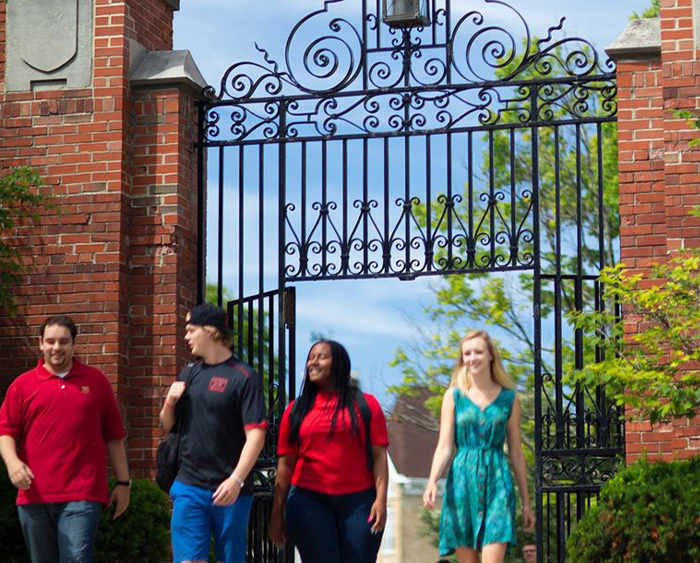
September 07, 2023
Wall Street Journal, Forbes rank Lake Forest College one of top in nation
Related Programs

Contact Us
Chad McCracken
Assistant Professor of Philosophy and Politics
Chair of Social Justice
Durand Art Institute 108
847-735-6091
cmccracken@lakeforest.edu


